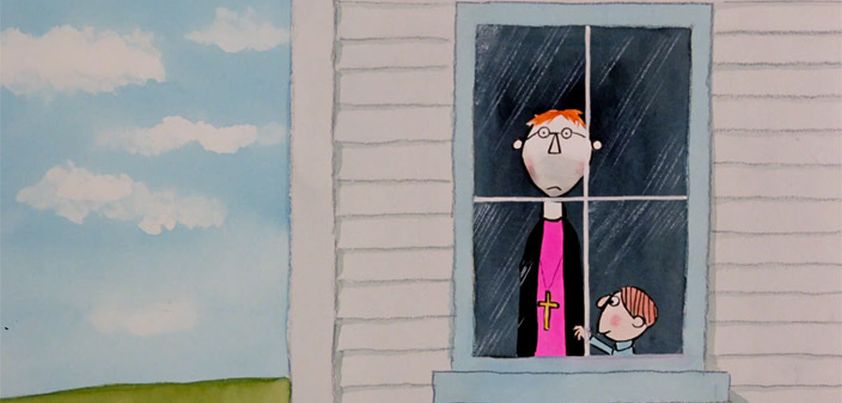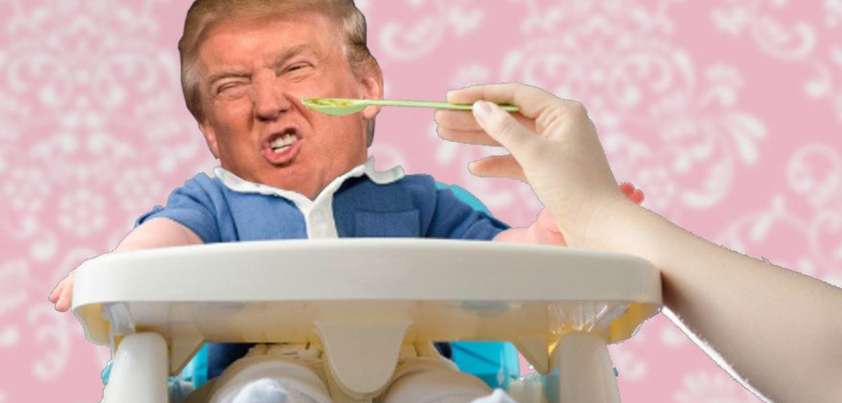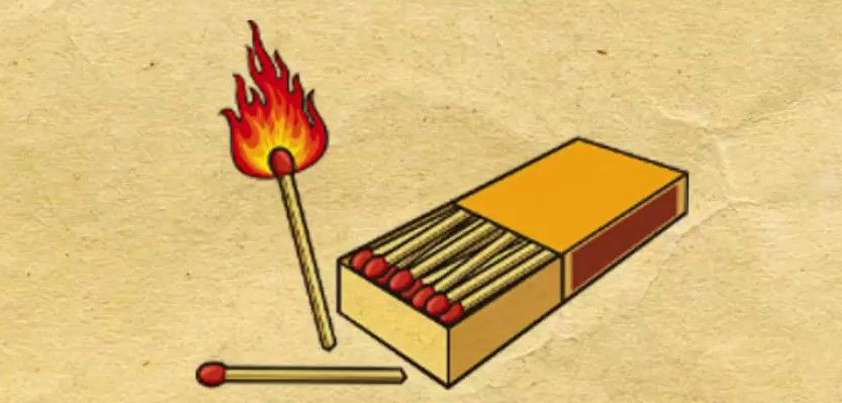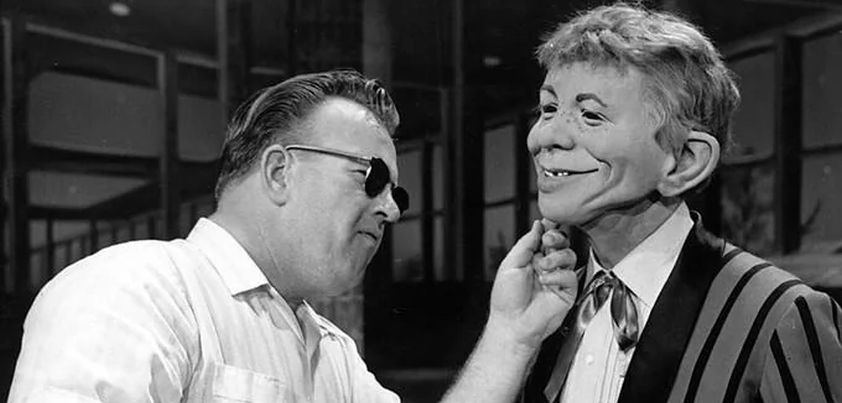 This story by Stephen Leacock takes a sarcastic look at the themes of shyness and polite social conventions. Many readers mistakenly associate Melpomenus’s refusal to give a false reason to leave the house with his being a clergyman. Not so! In the introduction we are told the young curate was too modest (shy) to tell a lie. His downfall is because of shyness, not honesty. However, the absurd outcome is as much the over-polite hosts’ fault as it is Melpomenus’s. If anyone was responsible for his spirit rushing from the house like a hunted cat, it was them. More…
This story by Stephen Leacock takes a sarcastic look at the themes of shyness and polite social conventions. Many readers mistakenly associate Melpomenus’s refusal to give a false reason to leave the house with his being a clergyman. Not so! In the introduction we are told the young curate was too modest (shy) to tell a lie. His downfall is because of shyness, not honesty. However, the absurd outcome is as much the over-polite hosts’ fault as it is Melpomenus’s. If anyone was responsible for his spirit rushing from the house like a hunted cat, it was them. More…
Archives
The New Food
 The climax of this very short story is the gruesome death of an imaginary baby. If you did not know who wrote it, you might attribute the plot to the playful, postmodernist style of an author like Donald Barthelme. In fact, the story was published way back in 1910. It comes from Canadian humorist Stephen Leacock’s first short story collection, Literary Lapses. A fascinating aspect of the story is its modern relevance. Viewed in the context of today’s world, the story is a wonderful satire of heavily processed convenience foods and the contribution they make towards child obesity. More…
The climax of this very short story is the gruesome death of an imaginary baby. If you did not know who wrote it, you might attribute the plot to the playful, postmodernist style of an author like Donald Barthelme. In fact, the story was published way back in 1910. It comes from Canadian humorist Stephen Leacock’s first short story collection, Literary Lapses. A fascinating aspect of the story is its modern relevance. Viewed in the context of today’s world, the story is a wonderful satire of heavily processed convenience foods and the contribution they make towards child obesity. More…
Borrowing a Match
 Have you ever asked someone if you could borrow something, and then watched them go to so much trouble looking for it that you wish you hadn’t asked? If so, you will understand the building frustration of the man in this Stephen Leacock story. All he asked of a “decent, ordinary-looking” stranger was the loan of a match. In the process of looking for one, the stranger destroys his overcoat and the parcels and letters he is carrying, and then threatens to beat his young son when he gets home. Finally, . . . (you’ll have to read the story to find out!) More…
Have you ever asked someone if you could borrow something, and then watched them go to so much trouble looking for it that you wish you hadn’t asked? If so, you will understand the building frustration of the man in this Stephen Leacock story. All he asked of a “decent, ordinary-looking” stranger was the loan of a match. In the process of looking for one, the stranger destroys his overcoat and the parcels and letters he is carrying, and then threatens to beat his young son when he gets home. Finally, . . . (you’ll have to read the story to find out!) More…
With the Photographer
 This story by Stephen Leacock makes use of irony and hyperbole to satirize artistic arrogance. A man who visits a professional photographer to have a portrait taken is humiliated during his sitting. The photographer not only criticizes every aspect of his facial features, but also insists on a number of different posture changes to hide what he considers flaws. Later, when the man views the developed product, his face has been so artificially altered as to be unrecognizable. Other themes include appearance and the disconnect between self-perception and the way others see us, insecurity, body shaming, humiliation, anger and frustration. More…
This story by Stephen Leacock makes use of irony and hyperbole to satirize artistic arrogance. A man who visits a professional photographer to have a portrait taken is humiliated during his sitting. The photographer not only criticizes every aspect of his facial features, but also insists on a number of different posture changes to hide what he considers flaws. Later, when the man views the developed product, his face has been so artificially altered as to be unrecognizable. Other themes include appearance and the disconnect between self-perception and the way others see us, insecurity, body shaming, humiliation, anger and frustration. More…